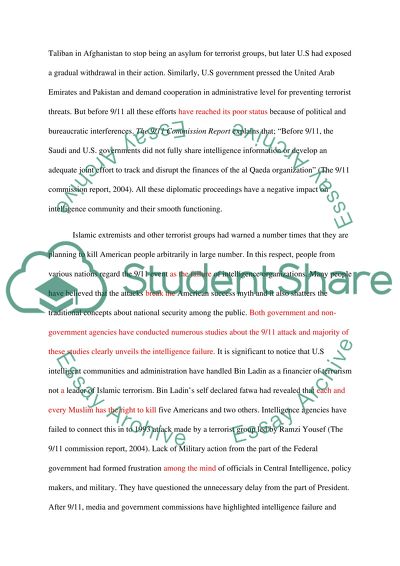Cite this document
(“Intelligence Success and Failures of Terrorist Attacks of 9/11 Research Paper”, n.d.)
Retrieved from https://studentshare.org/history/1431602-intelligence-success-and-failures-of-terrorist
Retrieved from https://studentshare.org/history/1431602-intelligence-success-and-failures-of-terrorist
(Intelligence Success and Failures of Terrorist Attacks of 9/11 Research Paper)
https://studentshare.org/history/1431602-intelligence-success-and-failures-of-terrorist.
https://studentshare.org/history/1431602-intelligence-success-and-failures-of-terrorist.
“Intelligence Success and Failures of Terrorist Attacks of 9/11 Research Paper”, n.d. https://studentshare.org/history/1431602-intelligence-success-and-failures-of-terrorist.


